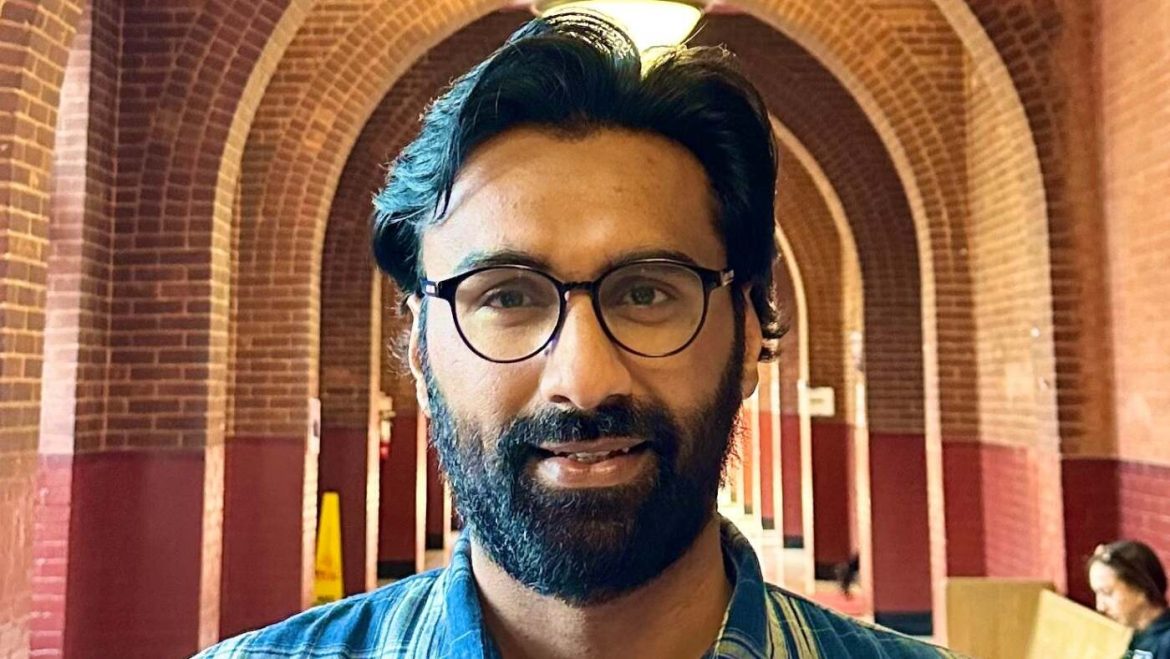An In-depth Examination of the Recent Legal Developments Involving Georgetown University Researcher Badar Khan Suri
Introduction
The case of Badar Khan Suri, a Georgetown University postdoctoral researcher, epitomizes the complex intersection of immigration law, national security concerns, and academic freedom in the United States. Amidst a backdrop of heightened scrutiny of foreign scholars under the Trump administration, Suri’s story highlights the evolving legal landscape and the pivotal role of federal judiciary intervention in safeguarding the rights of individuals facing immigration detention. This analysis aims to dissect the sequence of events, legal arguments, and broader implications surrounding Suri’s detention, release, and ongoing legal battle, presenting a comprehensive picture rooted in recent developments and factual assertions.
The Context of Detention and Allegations
Initially detained outside his Virginia residence in March 2025, Badar Khan Suri’s case draws immediate attention due to the contentious charges levied against him by the Department of Homeland Security (DHS). The agency accused Suri of spreading “Hamas propaganda,” an alarming claim that raises questions about the basis of such allegations and their relation to his legal status and academic work. Suri, an Indian national, entered the United States on a visa granted explicitly for scholarly research efforts, specifically on peacebuilding in Iraq and Afghanistan. His detention occurred amidst broader crackdowns targeting foreign students and scholars, particularly those associated with contentious political narratives, under the Trump administration’s efforts to enhance national security measures.
Legal Challenges and Court Orders
Central to Suri’s case are the legal entitlements and protections afforded to individuals holding valid visas. His detention was challenged in court, leading to a series of judicial rulings emphasizing the importance of due process and legal rights. A federal judge explicitly ordered his immediate release, citing the absence of evidence indicating that Suri posed a danger to the community or was engaging in any illegal activity. Notably, Judge Patricia Giles’s ruling highlighted that the government could not substantiate the accusations against him or justify his continued detention.
Further scrutiny revealed that immigration officials lacked sufficient evidence to justify deportation or continued detention, especially given the legal protections for those with valid visas. A significant aspect of the legal argument was that Suri’s visa status indicated he was legally present in the United States, with the charges reflecting content that falls within protected speech rather than criminal conduct. The court also emphasized procedural correctness, noting that Suri’s case should be heard in his resident state of Virginia, aligning with jurisdictional norms for individuals detained outside their home states.
The Role of Federal Courts in Protecting Immigration Rights
The involvement of federal courts proved decisive in safeguarding Suri’s rights, particularly amid aggressive immigration enforcement policies. By issuing injunctions against deportation and release orders, judges underscored that the government had the burden of proving allegations and that detention without concrete evidence was unconstitutional. In this case, the courts acted as a crucial check on executive authority, ensuring that immigration enforcement processes comply with constitutional protections.
The wider legal implications concern the government’s ability to detain individuals based on speech or political views. Suri’s case symbolizes a pivotal moment where judicial intervention protected academic freedom and expressional rights, suggesting that even under strict security measures, constitutional safeguards remain enforceable.
The Political and International Dimensions
Suri’s detention cannot be disentangled from the broader political climate, characterized by increased scrutiny of foreign nationals accused of sympathizing with groups designated as threats or involved in political activism. The allegations tied to Hamas, a Palestinian political and militant organization, triggered polarized debates—balancing national security concerns against free speech rights.
Supporters argue that the accusations are unsubstantiated, especially given that Suri’s visa was granted for scholarly activities, and that labeling academic content as propaganda constitutes a violation of academic freedom and free expression. Human rights advocates and academic communities have condemned what they perceive as politically motivated detentions targeting individuals based on their ethnic or political backgrounds.
Legal Defense and Public Response
Throughout the legal proceedings, Suri’s legal team emphasized that the government had failed to present credible evidence linking him to any criminal conduct or propaganda dissemination. The defense highlighted his legally obtained visa, academic contributions, and the swearing of his wife that he had no links to Hamas or similar groups, countering the accusations that had led to his detention.
Public protests, including those outside the federal courthouse in Alexandria, Virginia, underscored community support for Suri and raised awareness about potential abuses in immigration enforcement. Supporters argued that Suri’s case exemplifies the risks international scholars face amid politicized immigration policies driven by security anxieties rather than legal merit.
Broader Significance for Academic Freedom and Immigration Policy
Suri’s legal ordeal reinforces the necessity of delineating security concerns from civil liberties. His case reasserts the principle that individuals with lawful immigration statuses should not be arbitrarily detained or deported based on political content or perceived associations. It highlights the importance of judicial oversight in ensuring that immigration enforcement respects constitutional rights, especially in politically charged contexts.
Moreover, the case accentuates challenges faced by international scholars working on sensitive topics. The crackdown under the Trump administration, targeting students and researchers, has evolved into a broader debate about national security, free speech, and the integrity of academic inquiry in the United States. The courts’ rulings serve as a safeguard against undue political interference, emphasizing that legal protections must be upheld regardless of political climate.
Conclusion
The saga of Badar Khan Suri encapsulates a critical clash between national security posture and individual rights within the American legal framework. His release following judicial intervention showcases the power of the judiciary in defending due process, protecting lawful immigrants, and upholding constitutional freedoms amid government actions that threaten to overreach. As legal battles continue and the status of his case remains unresolved, Suri’s experience underscores the resilience of legal protections and the importance of judicial independence in a democratic society. Moving forward, his case may serve as a precedent and a rallying point for advocates defending academic freedom, fair immigration procedures, and the rule of law in an era of heightened security concerns.


